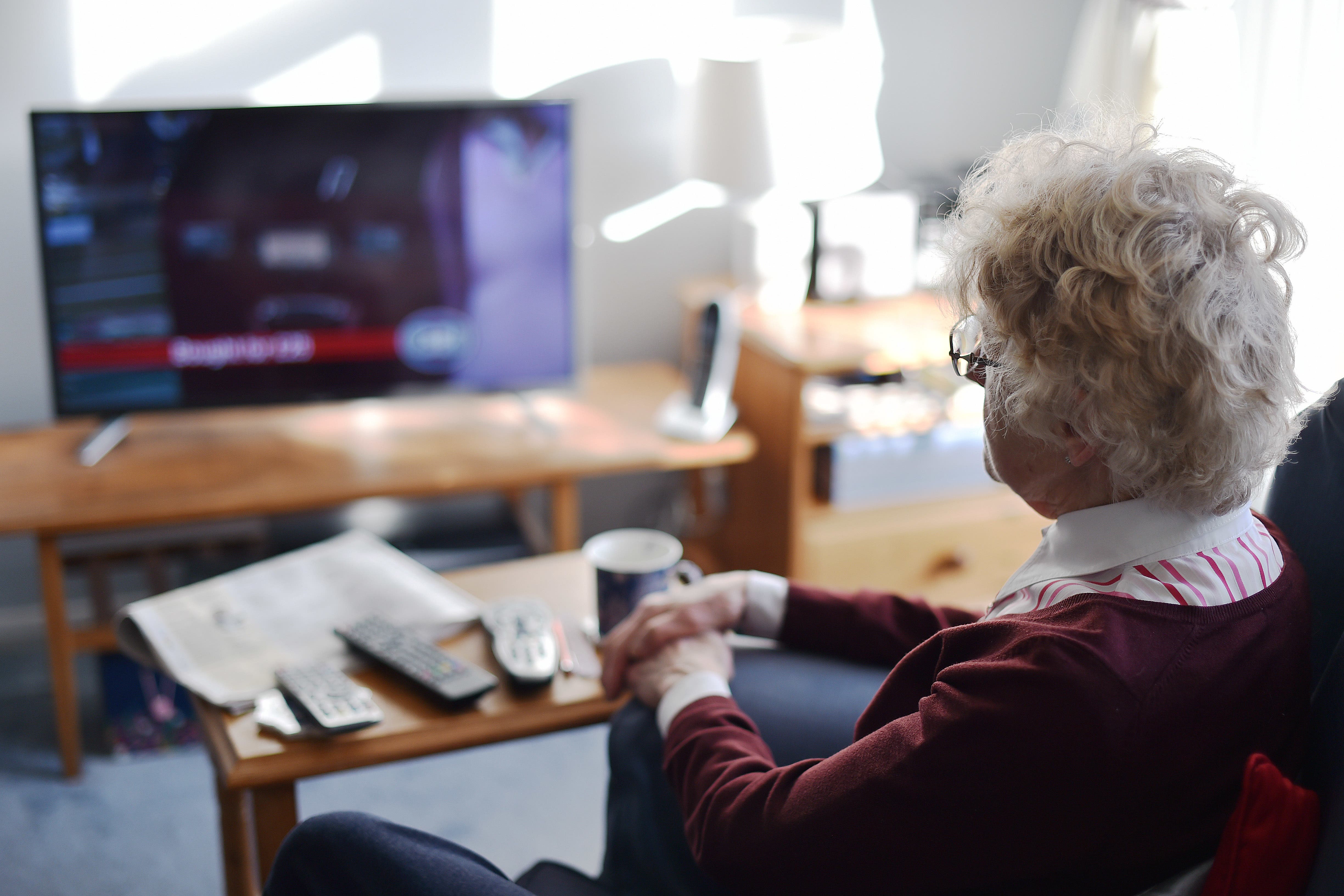BBC centenary: A history of the TV licence fee
A look at the funding model’s past as the BBC marks its 100th anniversary.

Your support helps us to tell the story
From reproductive rights to climate change to Big Tech, The Independent is on the ground when the story is developing. Whether it's investigating the financials of Elon Musk's pro-Trump PAC or producing our latest documentary, 'The A Word', which shines a light on the American women fighting for reproductive rights, we know how important it is to parse out the facts from the messaging.
At such a critical moment in US history, we need reporters on the ground. Your donation allows us to keep sending journalists to speak to both sides of the story.
The Independent is trusted by Americans across the entire political spectrum. And unlike many other quality news outlets, we choose not to lock Americans out of our reporting and analysis with paywalls. We believe quality journalism should be available to everyone, paid for by those who can afford it.
Your support makes all the difference.Recent years have seen an escalation in the debate around how the BBC is funded.
Since 1923, it has received money through a licence fee which it says allows it to remain free of ads and “independent of shareholder and political interest”.
Anyone who watches or records live programmes on a TV, computer or other device must buy a TV licence – along with those who watch or download shows on BBC iPlayer.
– As the BBC celebrates it centenary, here is a look at the history of the TV licence:
In the 1920s, the Government took the decision not to allow the fledgling BBC to fund itself using commercial advertising and instead required people to buy a licence in order to receive its broadcasts.
The first wireless licence was issued in November 1923 for 10 shillings (50p), and by the end of that year 200,000 had been issued.
The number of active licences continued to rise dramatically with 2.5 million issued in 1928.
The first combined radio and television licence was issued in 1946 for £2.
A supplementary licence for colour TVs was introduced in 1968.
In 1971, radio-only licences were abolished along with the requirement to have a licence for car radios.
The BBC was made responsible for administration of the licence fee as a result of the Broadcasting Act 1990, and the corporation now sub-contracts the work.
In 2015, the Government and BBC reached a settlement which meant the broadcaster had to find savings of £800 million by 2021/22.
It also saw the corporation commit to taking on responsibility for the funding of free licences for the over-75s.
The corporation subsequently announced that the free licence benefit would be restricted to those in the age bracket who claim pension credit because the financial burden of providing it to all those eligible was too great.
The controversial policy change was due to begin in June 2020 but was delayed a few months because of the impact of the coronavirus pandemic, with many over-75s forced to stay at home and shield.
In April 2020, a Government consultation on decriminalising licence fee evasion closed after receiving more than 100,000 responses.
The BBC has warned decriminalising licence fee evasion and switching to a civil system would cost it more than £1 billion and lead to significant cuts to programmes and services.
In April 2021, the licence fee increased from £157.50 to £159.
In January 2022, former Culture Secretary Nadine Dorries announced the fee would be frozen at £159 for the next two years, until April 2024.
She said she wanted to find a new funding model before the current deal expires in 2027 as it is “completely outdated”.
The review was due to begin before the 2022 Commons summer recess on July 22 but was thrown into doubt after Boris Johnson’s resignation as Tory leader.
Ms Dorries’ successor in the role, Michelle Donelan, then cast doubt on the Government’s intentions.
She said: “It is no secret that I have been a long-term sceptic of the licence fee and that we need to make sure that the BBC is sustainable in the long term.”
However, she stopped short of saying she would also scrap the licence fee.
Alternative funding models being dicusssed include a hybrid system in which core public service elements such as news are provided free, while high-end TV would sit behind a paywall.